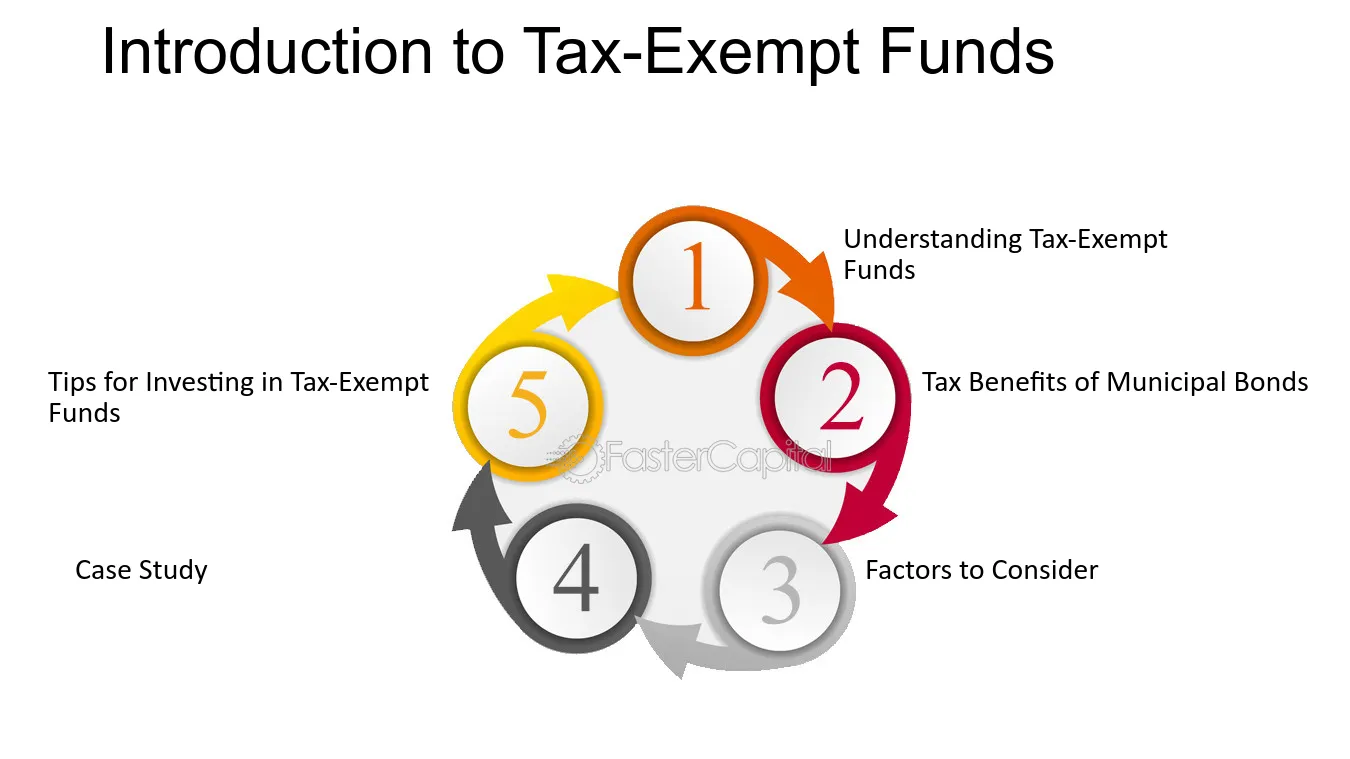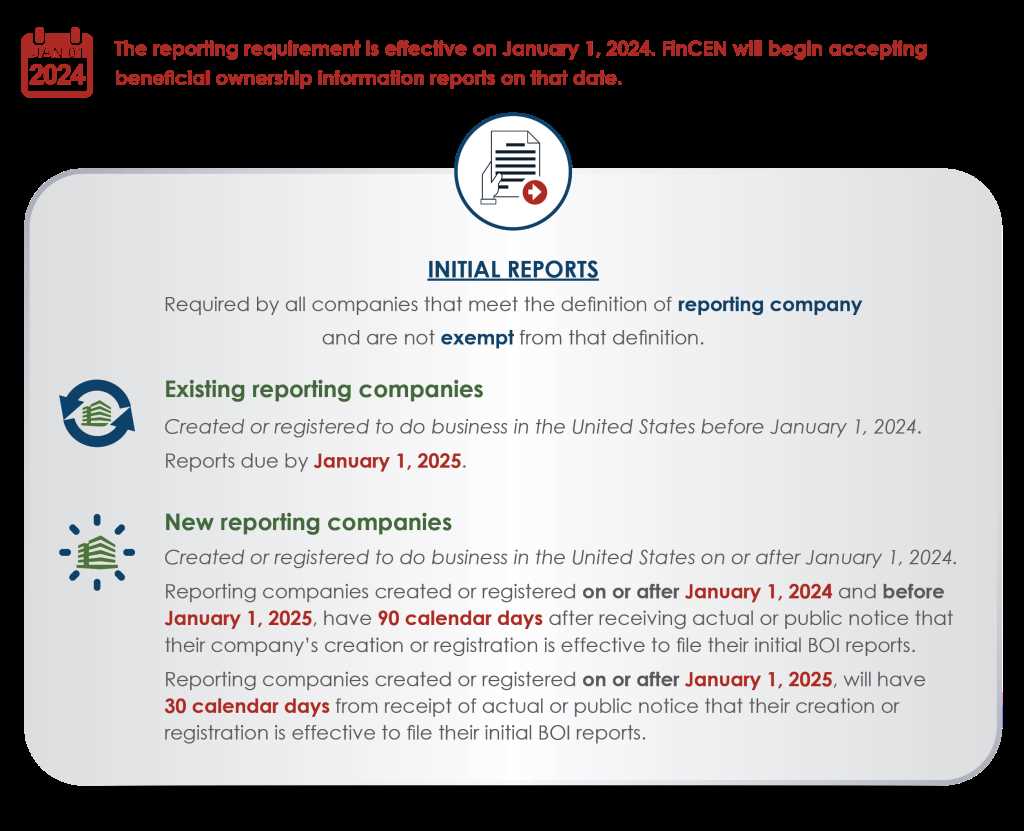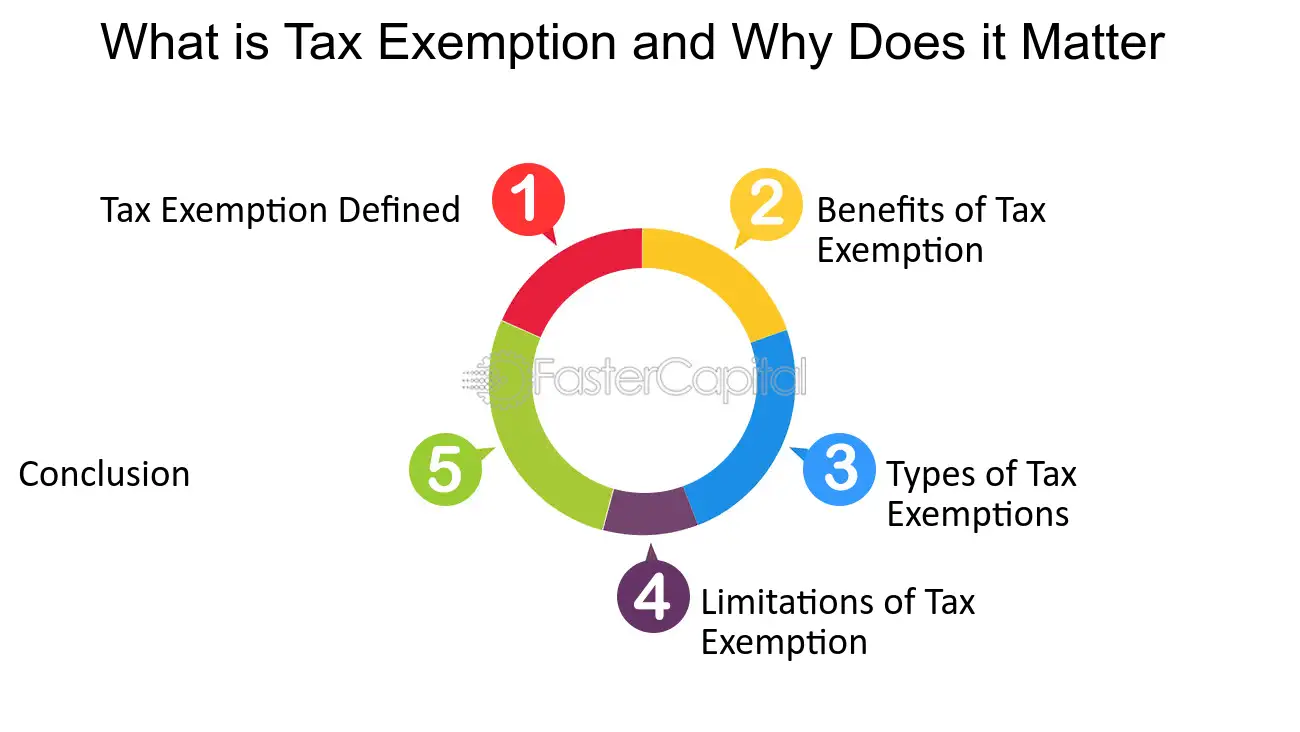Exemption Definition Requirements

One of the key exemption definition requirements for hedge funds is the limitation on the number of investors. In many jurisdictions, hedge funds are required to limit the number of investors to a certain threshold. This is done to ensure that hedge funds are only accessible to sophisticated and high-net-worth individuals who can bear the risks associated with these investment vehicles.
Another important requirement is the minimum investment amount. Hedge funds often have high minimum investment requirements, which further restrict their accessibility to only qualified investors. This requirement is in place to ensure that hedge funds are only attracting investors who have the financial capacity to invest significant amounts of capital.
Additionally, hedge funds are also required to provide detailed disclosure documents to potential investors. These documents include information about the fund’s investment strategy, risk factors, and the qualifications of the fund’s management team. This requirement is aimed at ensuring that investors have access to all relevant information before making an investment decision.
Qualified Purchasers
In the United States, hedge funds can also qualify for exemption from certain regulations by limiting their investors to qualified purchasers. Qualified purchasers are individuals or entities that meet certain financial thresholds, such as having at least $5 million in investments.
This requirement is in place to ensure that hedge funds are only accessible to investors who have a significant amount of wealth and financial sophistication. By limiting their investors to qualified purchasers, hedge funds can operate with fewer regulatory restrictions.
Conclusion
Exemption definition requirements are an important aspect of hedge fund regulation. These requirements ensure that hedge funds are only accessible to qualified investors and provide transparency to potential investors. By meeting these requirements, hedge funds can qualify for exemptions from certain regulations, allowing them to operate more efficiently and effectively.
Funds and Uses
One common type of hedge fund is the long/short equity fund. These funds aim to generate returns by taking both long and short positions in stocks. The fund manager will buy stocks they believe will increase in value (long positions) and sell stocks they believe will decrease in value (short positions). This strategy allows the fund to potentially profit in both rising and falling markets.
Another popular type of hedge fund is the event-driven fund. These funds focus on investing in companies that are undergoing significant corporate events, such as mergers, acquisitions, or bankruptcies. The fund manager will analyze these events and make investment decisions based on their expected impact on the company’s stock price. Event-driven funds can offer the potential for high returns, but also come with higher levels of risk.
Commodity hedge funds focus on investing in commodities such as gold, oil, or agricultural products. These funds can provide investors with exposure to the commodity markets, which can be a valuable diversification tool. Commodity prices can be influenced by various factors such as supply and demand dynamics, geopolitical events, and weather conditions, making them an attractive investment option for some investors.
Finally, there are multi-strategy hedge funds that employ a combination of different investment strategies. These funds have the flexibility to allocate capital across various asset classes and investment strategies, depending on market conditions. Multi-strategy funds aim to provide investors with a diversified portfolio and the potential for consistent returns.
Overall, hedge funds offer a wide range of funds and uses, allowing investors to tailor their investment strategies to their specific goals and risk tolerance. It is important for investors to thoroughly research and understand the different funds available before making any investment decisions.
HEDGE FUNDS catname

What are HEDGE FUNDS catname?
HEDGE FUNDS catname are a specific category of hedge funds that focus on a particular type of investment or asset class. These funds are designed to provide investors with exposure to a specific market or industry, allowing them to capitalize on potential opportunities and generate higher returns.
Unlike traditional hedge funds that have a diversified portfolio, HEDGE FUNDS catname concentrate their investments on a specific sector or asset class. This focused approach allows fund managers to have in-depth knowledge and expertise in the chosen area, enabling them to make more informed investment decisions.
Benefits of HEDGE FUNDS catname

Investing in HEDGE FUNDS catname can offer several benefits to investors:
- Specialized expertise: HEDGE FUNDS catname managers have extensive knowledge and experience in their chosen sector, allowing them to identify unique investment opportunities that may not be apparent to other investors.
- Potential for higher returns: By focusing on a specific market or industry, HEDGE FUNDS catname can take advantage of market inefficiencies and generate potentially higher returns compared to traditional diversified funds.
- Risk management: HEDGE FUNDS catname managers closely monitor the chosen sector, allowing them to quickly react to market changes and mitigate potential risks.
Considerations for Investors

While HEDGE FUNDS catname offer unique advantages, it is important for investors to consider certain factors before investing:
- Risk tolerance: Investing in HEDGE FUNDS catname involves a higher level of risk compared to traditional diversified funds. Investors should assess their risk tolerance and investment goals before considering these funds.
- Performance track record: It is crucial to evaluate the performance track record of HEDGE FUNDS catname before investing. Investors should review historical returns, risk management strategies, and the fund manager’s expertise.
- Fees and expenses: HEDGE FUNDS catname often charge higher fees compared to traditional funds. Investors should carefully review the fee structure and assess whether the potential benefits outweigh the costs.
- Liquidity: Some HEDGE FUNDS catname may have restrictions on liquidity, meaning investors may not be able to easily sell their investments. Investors should consider their liquidity needs and the fund’s redemption policies.
Overall, HEDGE FUNDS catname offer investors the opportunity to gain exposure to a specific market or industry and potentially achieve higher returns. However, it is important for investors to carefully evaluate the risks and benefits before making any investment decisions.

Emily Bibb simplifies finance through bestselling books and articles, bridging complex concepts for everyday understanding. Engaging audiences via social media, she shares insights for financial success. Active in seminars and philanthropy, Bibb aims to create a more financially informed society, driven by her passion for empowering others.
